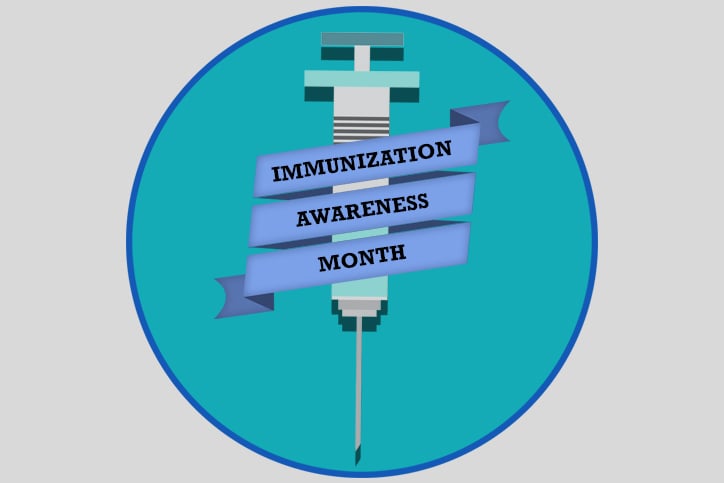 It’s one of the first procedures you learned in nursing school and, for many nurses working in a hospital environment, it can be one of the most common tasks you perform each day. IV starts have become so routine, you could probably do them in your sleep—though it’s likely frowned upon in most institutions. When it comes to starting IVs, you’re a seasoned pro.
It’s one of the first procedures you learned in nursing school and, for many nurses working in a hospital environment, it can be one of the most common tasks you perform each day. IV starts have become so routine, you could probably do them in your sleep—though it’s likely frowned upon in most institutions. When it comes to starting IVs, you’re a seasoned pro.
However, while IV procedures are commonplace for most nurses, they’re often a source of stress and anxiety for your patients. Even for those without needle phobia, being stuck with a needle and connected to an IV tube can be a frightening experience. Not to mention, patient anxiety has a tendency to stress even the most calm and collected professionals.
There is a solution, though. Here are a few reasons why you should consider adding topical anesthetics to your institution’s IV kits:









 It’s one of the first procedures you learned in nursing school and, for many nurses working in a hospital environment, it can be one of the most common tasks you perform each day. IV starts have become so routine, you could probably do them in your sleep—though it’s likely frowned upon in most institutions. When it comes to starting IVs, you’re a seasoned pro.
It’s one of the first procedures you learned in nursing school and, for many nurses working in a hospital environment, it can be one of the most common tasks you perform each day. IV starts have become so routine, you could probably do them in your sleep—though it’s likely frowned upon in most institutions. When it comes to starting IVs, you’re a seasoned pro.
